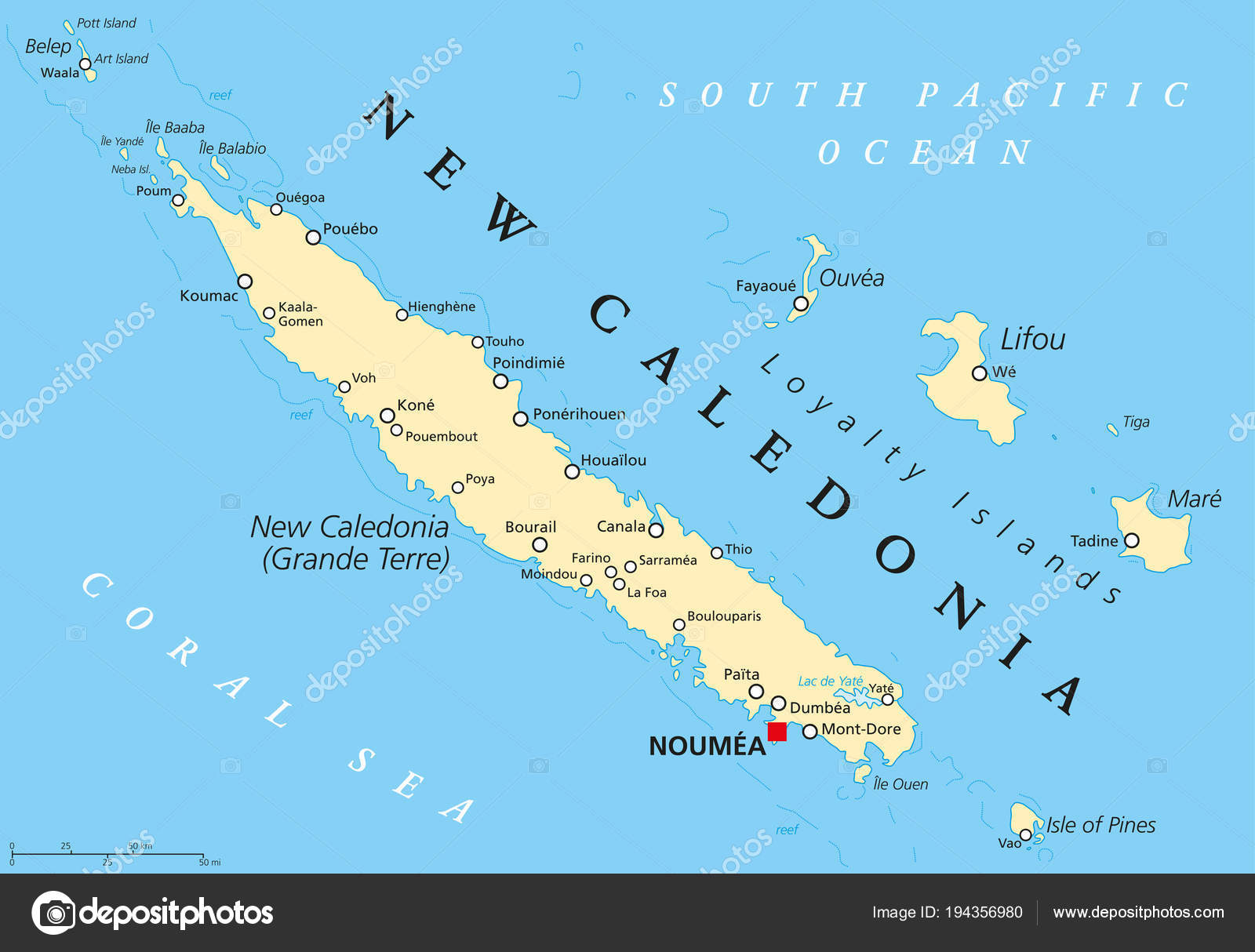France And New Caledonia: Minister Valls Seeks Political Responsibility

Table of Contents
The Nature of the Political Crisis in New Caledonia
The relationship between France and New Caledonia is deeply rooted in history, marked by periods of colonization, evolving autonomy, and persistent calls for independence. This long and often turbulent history has shaped the current political landscape, where disagreements over self-determination, resource management, and constitutional frameworks dominate the discourse. The Kanak people, the indigenous population, have long advocated for full independence, often clashing with those who favor continued association with France.
Underlying these disagreements are a number of critical factors:
- Key players involved: The crisis involves various political parties representing diverse viewpoints, including the pro-independence FLNKS (Front de libération nationale kanak et socialiste) and pro-France parties advocating for continued territorial status within France. Key leaders on both sides play crucial roles in shaping the narrative and direction of the conflict.
- Escalating events: Specific referendums on independence, coupled with ongoing disputes over land rights and resource distribution, have fueled tensions and escalated the crisis. These events have highlighted the deeply ingrained divisions within New Caledonian society.
- Socioeconomic factors: Significant economic disparities between different segments of the population, and concerns regarding equitable access to resources and opportunities, contribute significantly to social and political instability.
Minister Valls' Role and Proposed Solutions
Manuel Valls, a prominent figure in French politics, has taken a keen interest in the New Caledonia situation. He has been outspoken in his calls for a responsible and sustainable resolution to the crisis, advocating for increased dialogue and collaborative problem-solving. His background as a former Prime Minister brings significant experience in navigating complex political scenarios.
Valls' involvement includes:
- Policy Proposals: He has publicly proposed concrete policy measures aimed at fostering greater political stability and economic development within New Caledonia. These proposals often involve constitutional reforms and increased investment in the region.
- Specific Actions: Valls has undertaken diplomatic initiatives, engaging with key stakeholders to facilitate discussions and potentially reach a compromise. His aim has been to establish a framework for constructive dialogue and reconciliation.
- Stakeholder Reactions: Valls' interventions have been met with a mixed response, with some welcoming his involvement as a potential catalyst for positive change, while others remain skeptical of his proposals.
International Implications and Reactions
The political situation in New Caledonia has significant implications for France's international standing and relations within the Pacific region. The ongoing instability poses challenges to France's regional influence and its relationships with neighboring countries.
International reactions include:
- Pacific Island Nations: Neighboring Pacific Island nations are closely monitoring the situation, mindful of its potential implications for regional stability and the broader issue of self-determination in the Pacific. Their official statements vary depending on their political leanings and their relationships with both France and independence movements within New Caledonia.
- International Organizations: International bodies like the United Nations have expressed concern about the ongoing political tensions and have issued calls for peaceful resolution and dialogue. The UN's involvement highlights the global significance of this regional crisis.
- Impact on France's Influence: The outcome of the crisis will undoubtedly impact France's regional influence and its capacity to maintain strong diplomatic ties within the Pacific. A prolonged period of instability could significantly damage France's reputation.
Potential Long-Term Consequences for France and New Caledonia
The future relationship between France and New Caledonia hangs in the balance. Several potential scenarios exist, each with profound implications:
- Future Relations: The crisis could result in continued autonomy within France, a negotiated path towards independence, or even a prolonged period of political instability.
- Economic and Social Impacts: Each outcome will have far-reaching economic and social consequences for the people of New Caledonia, particularly regarding access to resources, economic development, and social cohesion.
- Future Instability: Failure to address the underlying issues could lead to prolonged political instability and further social unrest, potentially undermining the fragile peace in the region.
Conclusion
The crisis in New Caledonia presents a complex challenge for both France and the island itself. Understanding the nuances of this France New Caledonia political responsibility situation is crucial for any effective solution. Minister Valls' involvement signifies a potential turning point, but the path to resolution requires sustained dialogue, compromise, and a commitment to addressing the underlying historical, political, and socioeconomic factors fueling the crisis. Understanding the complexities of France New Caledonia political responsibility requires ongoing engagement and informed debate. Stay updated on developments and participate in shaping the future relationship. Further research into the positions of various political factions and the historical context of French colonialism in the region will provide a more complete picture of this intricate issue.

Featured Posts
-
 Politika Makrona V Otnoshenii Ukrainy Vozmozhnye Posledstviya Dlya Alzhira
May 04, 2025
Politika Makrona V Otnoshenii Ukrainy Vozmozhnye Posledstviya Dlya Alzhira
May 04, 2025 -
 Serhiy Sidey Ready For Year Two
May 04, 2025
Serhiy Sidey Ready For Year Two
May 04, 2025 -
 Lizzos Trainer Defends Her Fitness Journey
May 04, 2025
Lizzos Trainer Defends Her Fitness Journey
May 04, 2025 -
 Foxs Direct To Consumer Streaming Strategy Peter Distads Appointment
May 04, 2025
Foxs Direct To Consumer Streaming Strategy Peter Distads Appointment
May 04, 2025 -
 Berlangas Bold Claim Targeting Plant Munguia And Charlo
May 04, 2025
Berlangas Bold Claim Targeting Plant Munguia And Charlo
May 04, 2025
